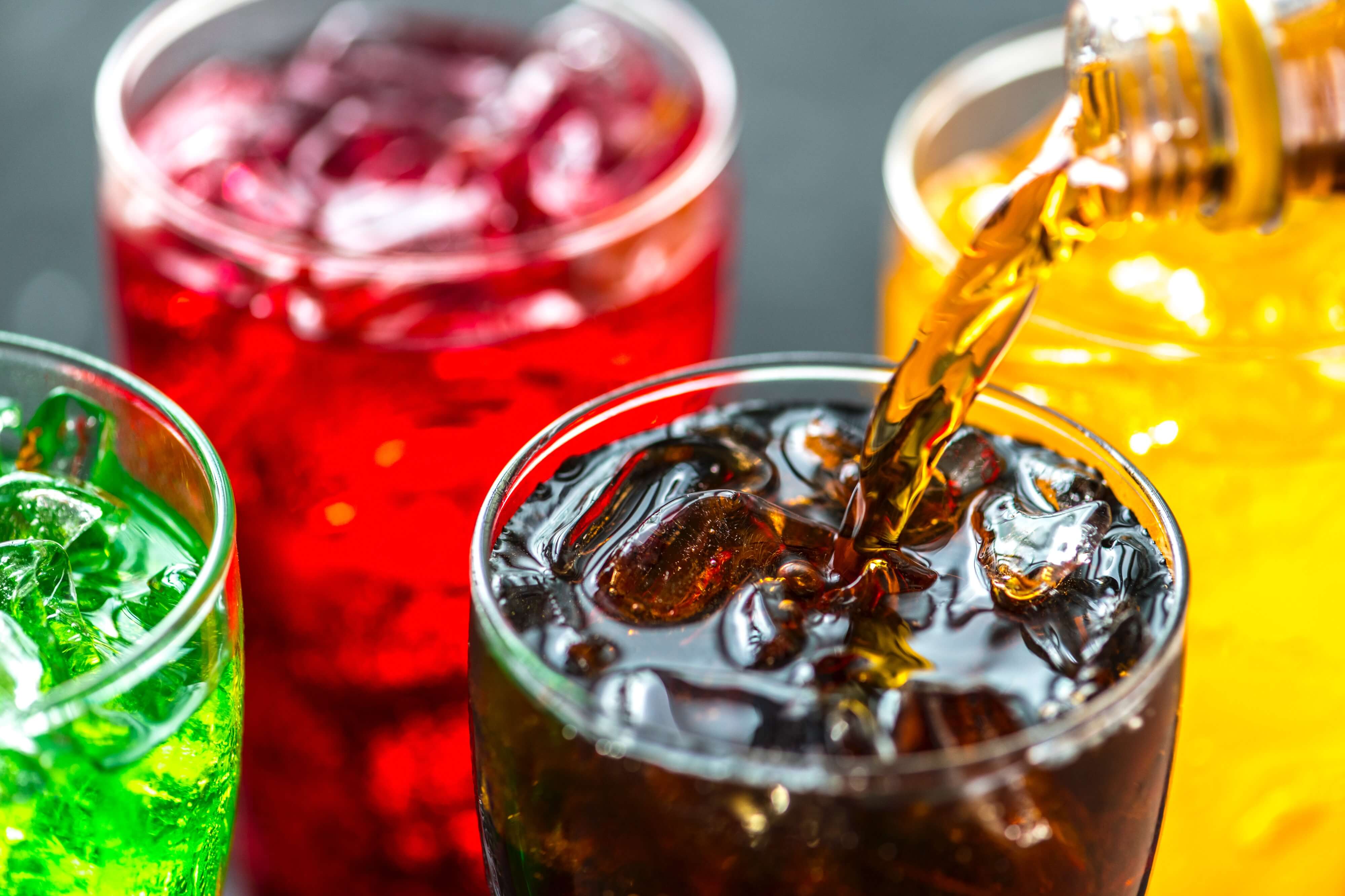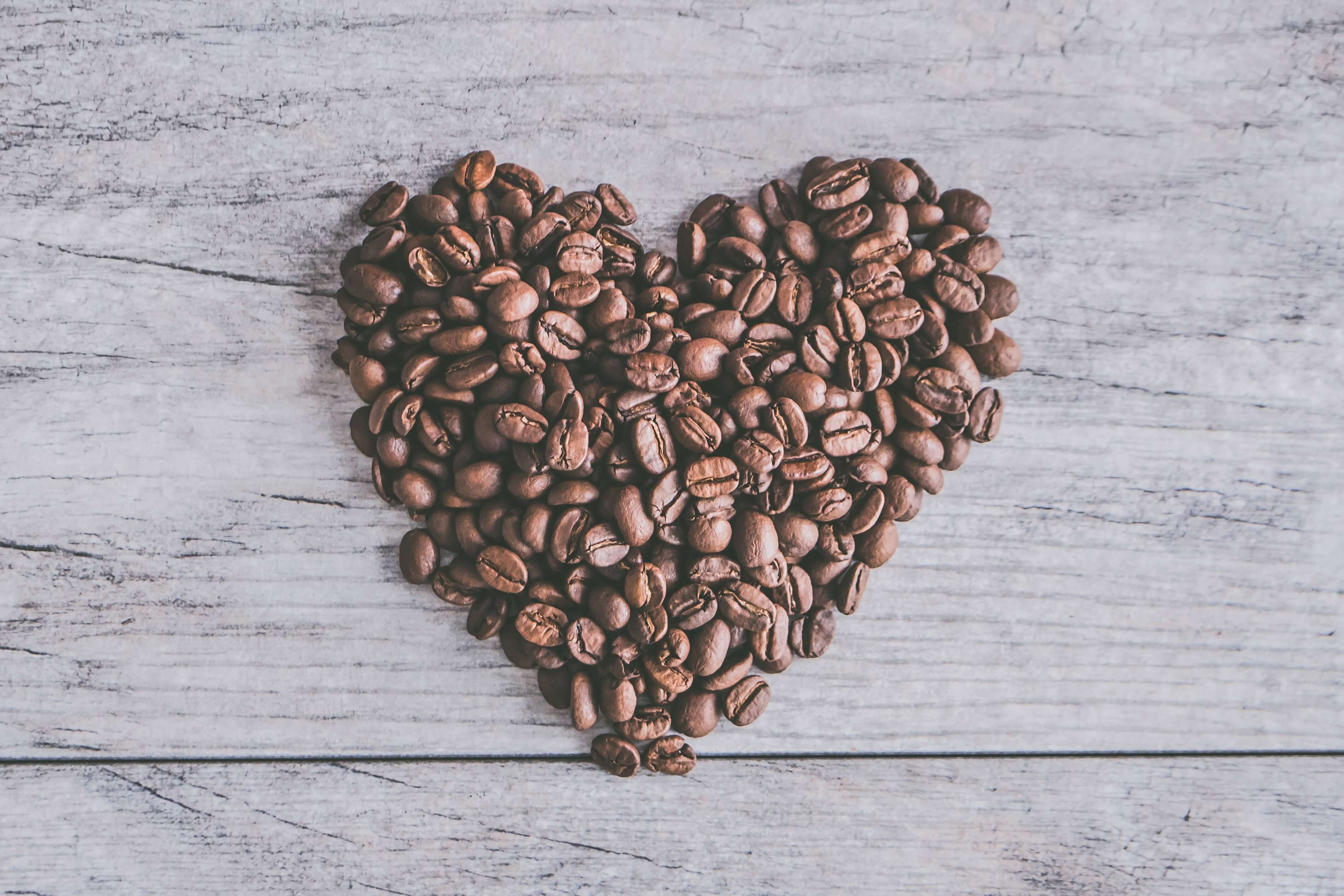Caffeine is one of the most commonly used food and supplement in the world. About 85% of adults consume caffeine regularly. Caffeine is naturally found in coffee beans and cacao beans and, now it recently started being produced chemically to add to foods and drinks.

Caffeine and exercise
No matter what you’re getting your caffeine from before you workout, it’s important to be aware of how much you are consuming and what effect it has on your body. It is mostly consumed as coffee and is also found in a number of pre-workouts, tea, energy drinks, gels, and some foods.
Caffeine is consumed because of its ability to boost energy. It works to stimulate your central nervous system, so that you are able to perform more efficiently. Caffeine has an ergogenic effect, which means that it enhances physical performance, stamina, and recovery. In terms of physical performance, it works to change the perception of how much effort an individual is exerting while exercising.
For example two people are told to bike as hard as they can. One consumed caffeine prior, and the other did not. The individual who consumed caffeine is going to bike at a greater intensity. However, both will think that they performed at equal intensities. The effect of caffeine on the brain makes people feel like they are doing less work than they truly are. For this reason, caffeine is shown to be effective at enhancing performance both in endurance activities and resistance training. However, there is a limit to how much caffeine you should consume. It is recommended that a healthy adult can safely consume about 300-400mg of caffeine in a day. This is about 3-4 cups of coffee.

Can Caffeine Help You Lose Weight?
You’ve probably noticed that caffeine is a staple ingredient in many popular diet pills as well as homemade fat-burning stacks. And you’ve probably also heard experts suggest that you drink coffee or other caffeinated beverages to help you lose weight. All of this begs the question, can caffeine really help you lose weight? The answer is yes. And it primarily helps you lose weight in two ways:
- By Boosting Your Metabolism Ingesting caffeine jumpstarts the process of lipolysis, which is when your body releases free fatty acids into the bloodstream. This occurs when your body is breaking down your fat stores to convert it into energy. In other words, caffeine boosts your metabolism slightly and helps you burn fat.
- By Giving You An Energy Boost
If there’s one thing that everyone knows about coffee and similar beverages and pills, it’s that caffeine is a stimulant. It increases alertness and wards off drowsiness temporarily, which means that you can perform certain tasks for longer.
However, this isn’t just limited to mental tasks. This includes physical tasks as well, such as running or lifting weights. This means a little shot of caffeine can give you the energy you need to give 100% during your workout. And giving 100% in the gym means you’ll get the results you want more quickly.
Whilst caffeine can aid in weight loss it is easy for your body to become tolerant to it. Break up your routine and stop having it for a weeks to see improvements.
Side Effects.
While consuming caffeine before a workout can be beneficial in enhancing performance, consuming too much caffeine can lead to some negative side-effects. Some of these side-effects include:
- Restlessness
- Insomnia
- Rapid or abnormal heart rhythm
- Anxiety +Upset stomach or heartburn
- Increased blood pressure.

Some people are more sensitive to caffeine than others, so it is important to be mindful and listen to your body.

